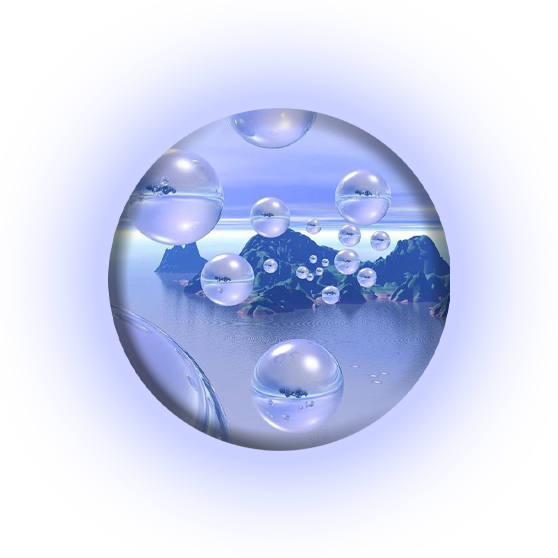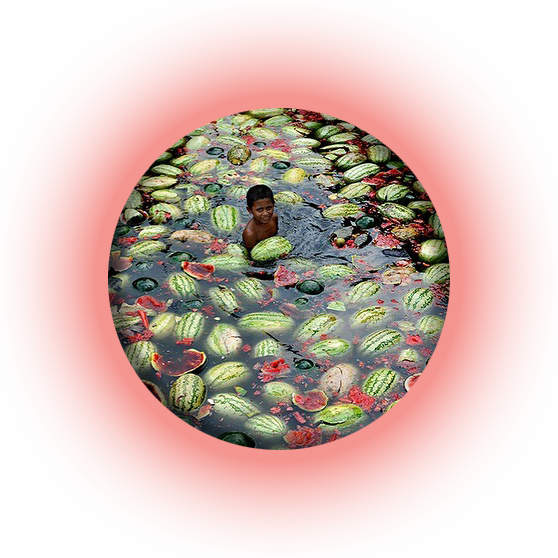➤ Who am I outside of capitalism?
I would only travel by train, which is free in my non-capitalist world. There are silent carriages, for people who need quiet; the other carriages are meeting places. It's very normal here to say things like:
"Hello, who are you? Where do you come from? Where are you going? How old are you? Are you in love? Did you dream last night? What stories did your grandmother tell you at bedtime? What is your favourite flower?"
People play games with strangers. Gallows, pictionary, yahtze, Monopoly, Uno, I spy...
On my train, or rather, our train, everyone openly admits that they want to escape from themselves, that they want to relax.
My first stop is a swimming pond, where no one bats an eye at me lying monokini in the grass. People rub sunscreen on each other's backs. People lie down, gaze at the sky all day, and take each other's hand.
At night, a buffet is organised around the pond. People bring salads, they eat together, there is a banquet of meringues, éclairs, and banana cakes. (Yeah, personal fantasy.)
Behind the buffet is a shelf filled with used books you can take with you.
After dessert, there are reading groups. The participants are of all ages and genders. They tell each other about the stories they read, what touched them.
At night, there is dancing. You can register for a Beyoncé choreography, there is also a choir of singers who rehearse together, they are singing centuries-old hymns.
Before bed, you can take naked mud baths. People massage each other with cold mud and tell each other about their desires and the next places the train will stop.
They tell each other they were so used to saying "no" to things that they were focusing on what they didn't want — not too much work, not too much stress, not too much noise, and so on. Now they are looking for a "yes", and they need to search for a place in their own body, whether it's in their belly, between their legs, in their head, their heart, something that allows them to say "yes".





